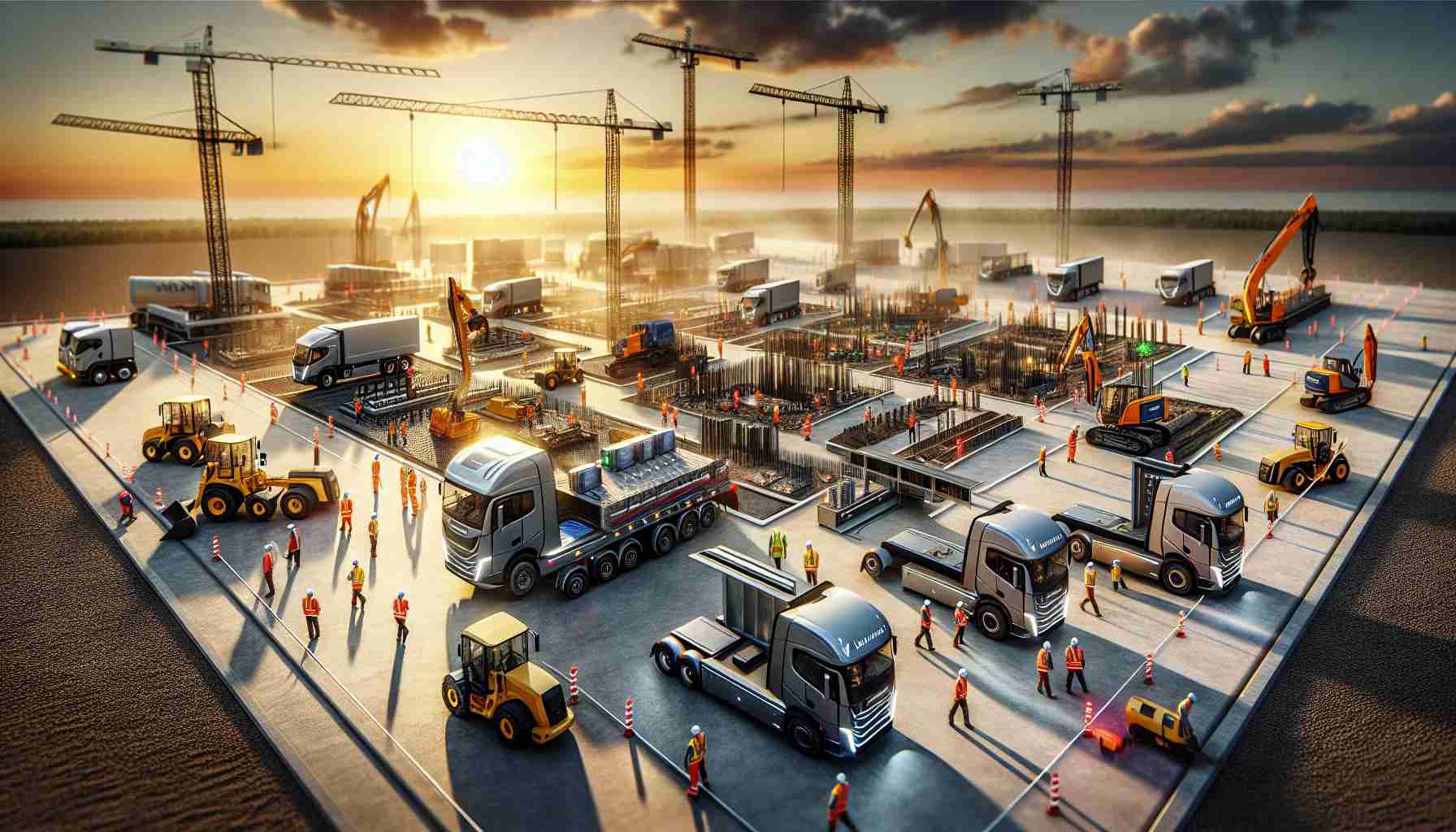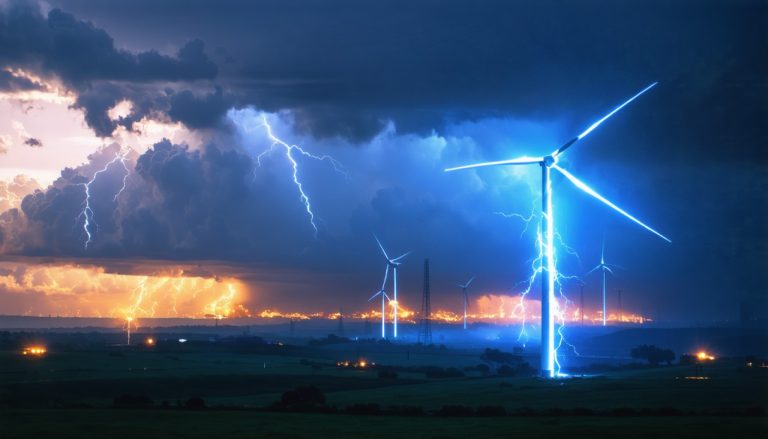
- Villamar Construction has introduced the first all-electric Rizon Class 4 dump truck to its fleet, marking a commitment to sustainability.
- The Rizon e18L has a range of 250 km, suitable for various construction tasks such as transporting equipment and hauling waste.
- Transitioning to electric vehicles is expected to significantly reduce operational costs, with monthly fuel expenses dropping from $1,200 to $150.
- The company has invested in robust charging infrastructure, including a Level 2 charger and a 90-kW fast charger, powered by a solar grid.
- Villamar aims to electrify its entire fleet in the coming years, positioning itself as a leader in the construction industry’s green transformation.
In a groundbreaking move for sustainability, Villamar Construction has made a significant leap towards a greener future by adding the all-electric Rizon Class 4 dump truck to its fleet in Victoria, B.C. This newly acquired zero-emission truck is the first of its kind for the company, which has long operated traditional vehicles, but is now ready to embrace the electric revolution.
Arriving just last Friday, this Rizon e18L model boasts an impressive range of 250 km, making it ideal for moving equipment, delivering gravel, and hauling construction waste. Villamar’s general manager expressed a mix of excitement and cautious optimism about the transition to electric. After successfully adopting electric Ford F-150 Lightnings, they’re now eager to see how the Rizon performs.
Beyond the environmental benefits, transitioning to electric vehicles also brings substantial financial savings. One manager noted a dramatic reduction in fuel costs—from a staggering $1,200 per month to just $150 in electricity—highlighting the potential for significant operational efficiency.
As the company prepares to deploy the Rizon truck in the upcoming weeks, they have also invested in charging infrastructure, including a Level 2 charger and a 90-kW fast charger, alongside a solar grid that powers these electric vehicles with renewable energy.
With many more Rizon trucks on the horizon for Canada, Villamar Construction stands at the forefront of a green transformation in the construction industry, aiming for a fully electrified fleet in the near future. Join the electric vehicle revolution now!
Revolutionizing Construction: Villamar’s Leap Towards an All-Electric Fleet!
The Shift to Electric Vehicles in Construction
Villamar Construction’s recent acquisition of the all-electric Rizon Class 4 dump truck is a significant development in the construction industry, especially for sustainability advocates. As more businesses look to reduce their carbon footprint, electric vehicles (EVs) are becoming essential. This move not only aligns with global sustainability goals but also reflects changing market dynamics focusing on innovative, efficient, and eco-friendly solutions.
Specifications of the Rizon e18L Dump Truck
– Model: Rizon e18L
– Range: 250 km on a single charge
– Charging Infrastructure:
– Level 2 charger
– 90-kW fast charger
– Solar grid integration for renewable energy sourcing
The Rizon e18L is designed for a variety of construction tasks, including transporting equipment, delivering materials like gravel, and hauling construction debris. Its zero-emission status makes it ideal for companies looking to meet stringent environmental regulations.
Financial and Environmental Benefits
Beyond the commendable environmental impact of operating an electric truck, Villamar Construction anticipates considerable financial benefits. Transitioning from traditional diesel vehicles to electric options has led to a staggering reduction in operational costs—a monthly expense decrease from $1,200 to $150 for electricity. This cost-effectiveness sets a precedent for the construction industry to follow.
Market Forecasts and Future Innovations
As the demand for sustainable solutions increases, the adoption of electric vehicles within the construction sector is projected to grow significantly over the next decade. By investing in this technology, companies like Villamar are positioning themselves as leaders in a rapidly evolving market that prioritizes sustainability and innovation.
Most Important Related Questions
1. What are the pros and cons of using electric vehicles in the construction industry?
– Pros: Reduced fuel costs, lower emissions, and potential government incentives for sustainability.
– Cons: Higher initial investment, limited range compared to diesel counterparts, and infrastructure challenges.
2. How does the Rizon e18L compare to traditional dump trucks?
– The Rizon e18L offers zero emissions and significantly lower operating costs. In contrast, traditional trucks rely on fossil fuels and incur higher maintenance and fuel expenses. The electric dump truck, however, may require upgrades to charging infrastructure.
3. What trends are shaping the future of electric vehicles in the construction sector?
– The rise of stricter environmental regulations, increased government support for electric vehicle adoption, and advancements in battery technologies are key trends driving the transition towards electric trucks in construction.
Insights and Industry Predictions
Villamar Construction’s embrace of electric vehicles is not just a standalone initiative; it reflects a larger trend within the construction industry towards electrification and sustainability. As battery technology improves and charging infrastructure expands, more companies are expected to follow suit, leading to a potential transformation of workplace environments centered around clean energy.
Related Links
For more insights on electric vehicles and sustainable construction practices, check out these resources:
– Villamar Construction
– Electric Vehicles Association
– Sustainability in Education



